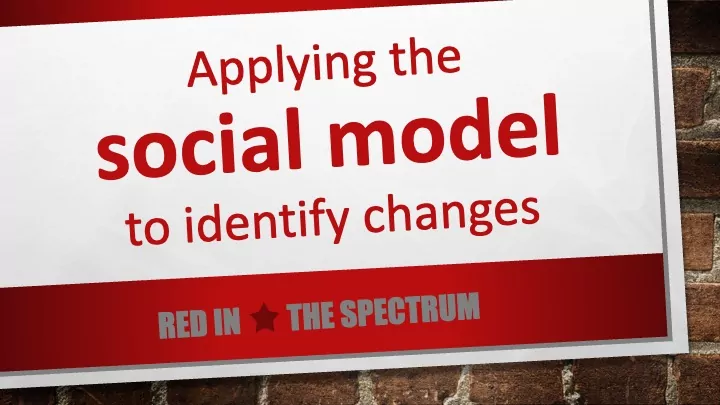Is a neurodivergent worker disabled under UK law?
by Janine Booth
Is a neurodivergent worker disabled under UK law?
The law judges this on a case-by-case basis.
The 2010 Equality Act states that an individual is disabled under the law if they have a physical or mental impairment that has a long-term, substantial, adverse effect on their ability to carry out normal day-to-day activities. Whether a dyslexic, dyspraxic or other neurodivergent individual is considered disabled under the law will be judged on that individual’s particular circumstances.
A formal diagnosis is not decisive. This may be good news for people who are on a waiting list and won’t be assessed for several years, but the flip side is that even if you have a formal diagnosis of a neurodivergent condition, that does not guarantee that a Tribunal will consider you to be disabled under the law.
The government has published detailed guidance on the definition of disability. If you are considering a legal case, please read this thoroughly rather than relying on this blog post!
Is a neurodivergent worker disabled under UK law? Five factors.
There are five components to this definition (the guidance groups it as four, putting ‘substantial’ and ‘adverse’ together, but it makes more sense to me as five!):
- physical or mental impairment – You might see your neurodivergence as a difference or an asset, but if you want to persuade a tribunal that you are disabled, you need to argue that it is an impairment. Neurodivergent conditions will count as mental impairments, and may – for example, in some cases of Tourette’s or dyspraxia – count as a physical impairment.
- long-term – The law says that an impairment is long-term if it has lasted, or is likely to last, at least twelve months (or is terminal).
- substantial – The law defines this as ‘more than minor or trivial’; it does not mean ‘pretty big’ as it does in everyday English.
- adverse effect – A tribunal will only consider the negative impacts of a condition. Employers are not allowed to offset these by claiming that you are good at some things and therefore not disabled. In the case of Elliott (an autistic worker) vs Dorset County Council, the Employment Appeal Tribunal ruled in 2021 that the original tribunal had taken the wrong approach by considering Elliott’s strengths, and overturned its decision that he was not disabled.
- normal day-to-day activity – The Equality Act does not define ‘normal day-to-day activity’, but the guidance gives examples, including some which may be relevant to neurodivergent workers: shopping, reading and writing, having a conversation, using the telephone, travelling by various forms of transport, taking part in social activities, interacting with colleagues, following instructions, using a computer, driving, preparing written documents, and keeping to a timetable or a shift pattern.
So, is a neurodivergent worker disabled under UK law?
When a worker makes a legal claim of disability discrimination at work, the case is heard by the Employment Tribunal, the worker is called the Applicant and the employer is the Respondent (the person or body they are complaining about).
The Respondent can challenge whether the Applicant is disabled under the terms of the law. The Employment Tribunal will then hold a hearing to determine this point, before the case progresses to a full hearing.
In many cases, Employment Tribunals have accepted that a neurodivergent worker is disabled. However, here are two examples of Tribunals ruling that a dyslexic person is not disabled:
- In 2019, Herry v Dudley Metropolitan Borough Council, the Employment Appeal Tribunal (EAT) upheld an Employment Judge’s decision that a dyslexic worker was not disabled, finding that he had not shown that his dyslexia had a substantial adverse effect on his ability to carry out normal day-to-day activities.
- In 2021, Iqbal v Mazars LLP, the Employment Tribunal found that a worker was not disabled because his dyslexia had only a ‘minor’ effect on his ability to carry out day-to-day activities.
Is a neurodivergent worker disabled under UK law? The answer is not a straightforward ‘yes’.
A surprising number of sources state boldly that neurodivergence (or a specific type of neurodivergence, such as dyslexia or autism) is classed as a disability under the Equality Act 2010. But that is not how the law works.
It is more accurate to state that neurodivergent individuals are likely to meet the criteria for being recognised as disabled under the law but that it will be judged on a case-by-case basis.
Neurodivergent workers’ legal rights is one of the topics that Red in the Spectrum will address in our series of ten webinars on neurodiversity at work which we will be holding in early 2024.







